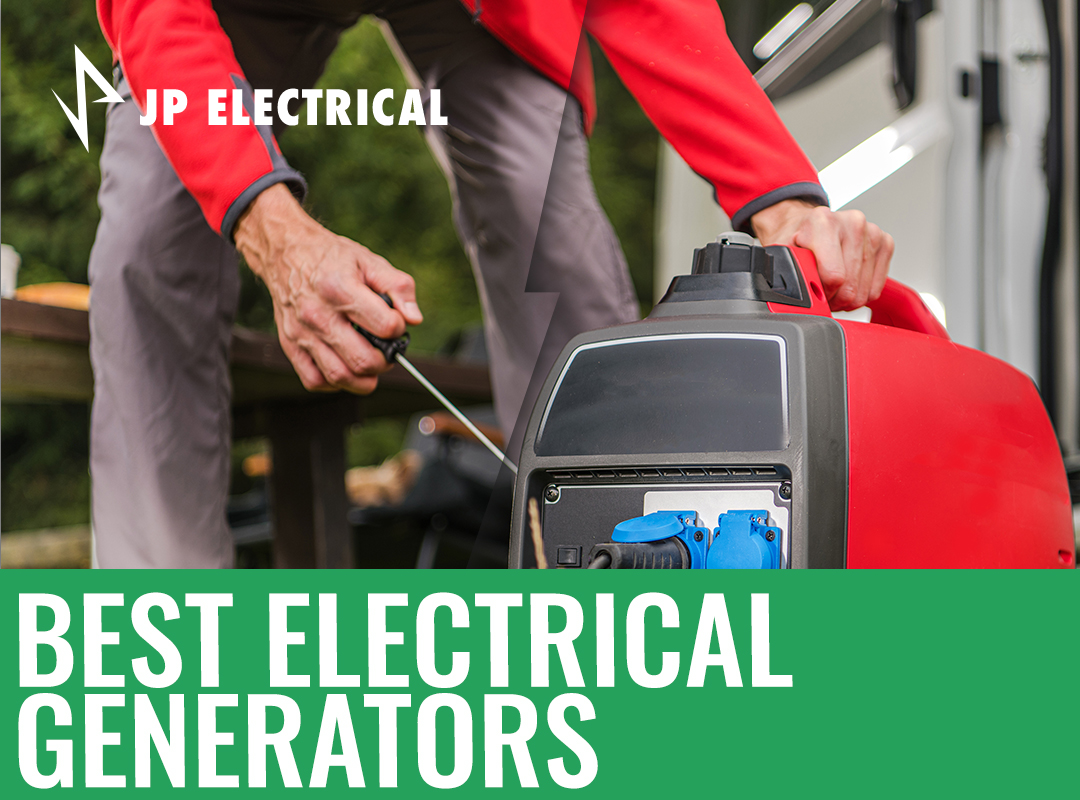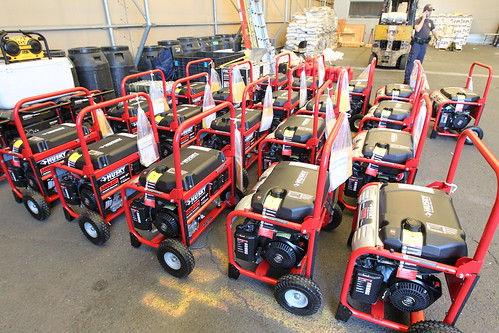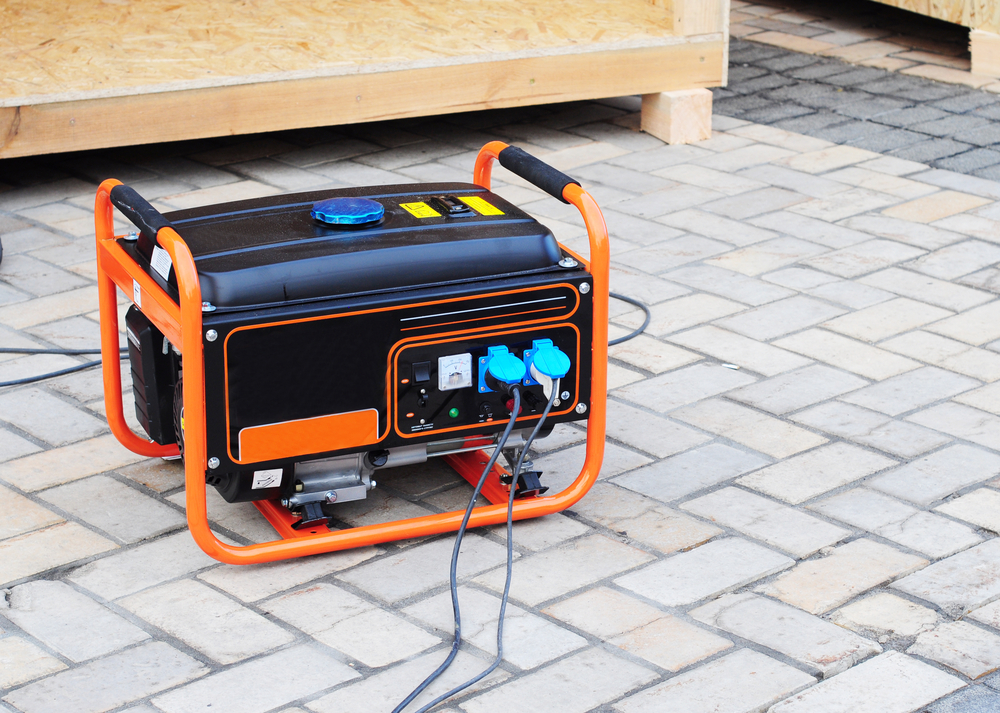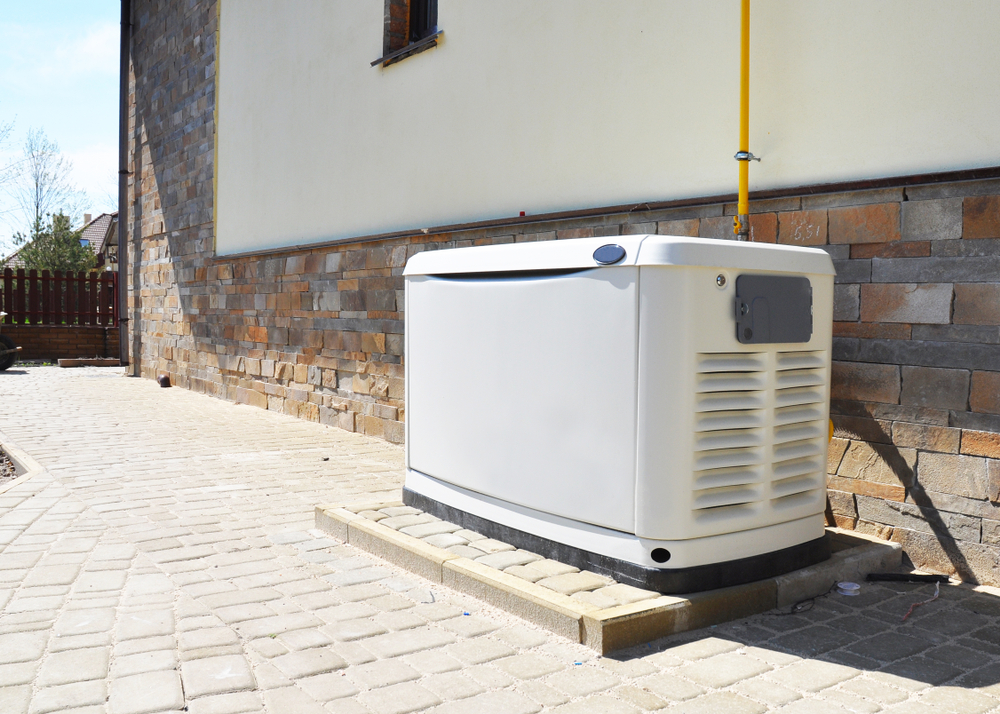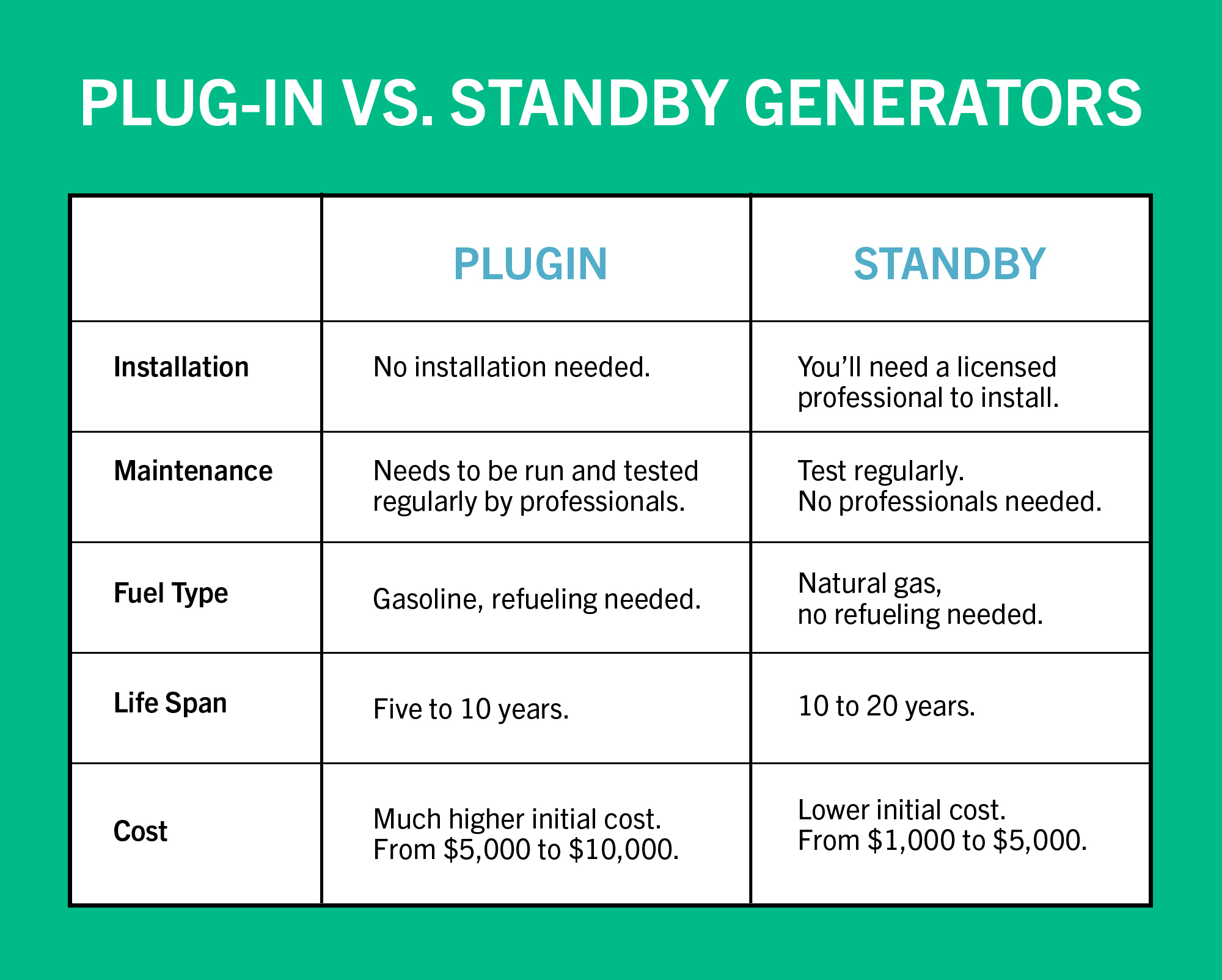Best Electrical Generators
We never know when a disaster is going to strike. That is why it is important to have an emergency preparedness plan. While putting together your emergency preparedness plan, you’ll want to include an emergency generator. For small emergencies such as power outages, or several other problems, an emergency generator can help keep the power running in your home, preventing many of the issues that can arise from a lack of power.
Choosing the Generator
Size
The first thing to consider is the size of the generator you will need. This is determined by the amount of electricity that is used regularly in the home, which is in part influenced by the size of your home. Go through your home and find the label on each appliance you will need during a power outage.
Be sure to include your most essential appliances. Depending on your needs, these could include
- Microwave
- Refrigerator
- Freezer
- Car charger
- HVAC system
- Any medical equipment requiring power
After taking everything you would absolutely need, record the watts and add them up on all the appliances to determine the size of the generator you will need.
The sizes of generators are as follows:
- Medium: These generators power 1,000 – 1,500 watts. These are recommended for survival appliances.
- Large: These generators power 6,000 – 8,000 watts. These can power multiple rooms in your home.
- Extra Large: These generators power 10,000 – 17,500 watts. These can power a smaller home.
Recoil vs Electric Start
The next thing you’ll want to consider when purchasing a generator is whether or not you’d like it to be a recoil or an electric start. The main difference is that electrical starts have a keypad to start the machine, and recoil starts have a starter handle. It’s recommended to use recoil generators for any outdoor use, and electric generators for indoor use.
The Types
The final thing you’ll want to consider is what type of generator will work best for your home. There are two main types of electrical generators that can be used in your home when necessary. Each of these comes with advantages and disadvantages. Take a look at the differences and determine which would be better suited for your situation:
Plug-in Generators
These portable generators are less expensive, costing around $500 to $1500. However, you’ll want to be cautious with these portable generators, keeping them at least ten feet from your home to prevent carbon monoxide poisoning. Keep this generator in your yard and use extension cords to plug your appliances in. Make sure to have the extension cords on hand to use this type of generator in an emergency. It’s important to note that with portable generators, you’ll most likely need a manual transfer switch as well. In cases of emergency, you’ll be able to plug your portable generator into the transfer switch and begin using emergency power.
Standby Generators
These generators are permanently set up with your home, automatically kicking on as soon as the power goes out. If the electricity is frequently lost in your home, this is often the best option as it will keep all your appliances running whether you are there or not. These will also make less noise than the plug-in generators when run, feeding off the natural gas or propane of your home, or off a propane tank. These will be quite a bit more expensive than portable generators, ranging between $5,000 and $15,000.
There is so much that goes on into these generators. To help break down the differences further, we’ve created a chart to help you understand these two types of generators.
Need Help Installing? Call JP Electrical!
Investing in a generator for your home is the best way to protect you and your family against power outages. In some emergencies, they can even save your life. When it comes to choosing a generator, both are good options, it’s just a matter of which will work best for you and your home.
If you have any questions about generators or any of our residential electric services, contact us today!
Categories: Electrical Maintenance • Tips

